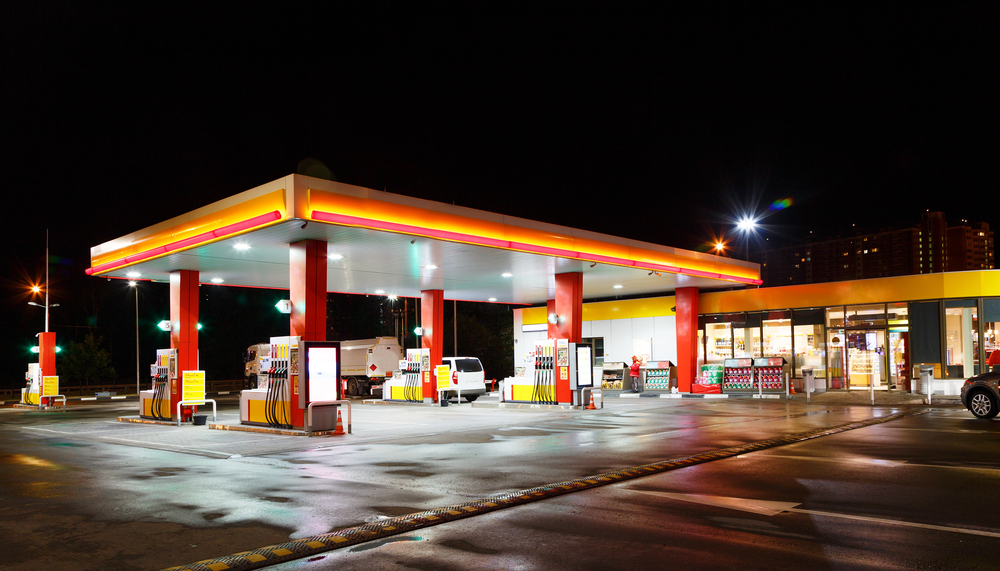 Obtaining a gas station license is a key aspect in the setup and running of a gas station. The licensing procedure guarantees that gas stations adhere to safety, environmental, and legal guidelines, making it a essential element of the establishment. Heres an overview of the key steps and considerations involved in securing a gas station license.
Obtaining a gas station license is a key aspect in the setup and running of a gas station. The licensing procedure guarantees that gas stations adhere to safety, environmental, and legal guidelines, making it a essential element of the establishment. Heres an overview of the key steps and considerations involved in securing a gas station license.
The licensing requirements for gas stations change depending on the region, Our Web Page but they generally involve several common elements. At a minimum, applicants must obtain permits related to environmental safeguards, safety regulations, and business activities. In many jurisdictions, this involves obtaining a commercial license, a fuel pump license, and permits for environmental protection.
The initial step is securing a local business license from the municipal authorities. This license confirms that the business is officially registered and permits operation in the specified area. The procedure typically involves filing an application, paying a fee, and sharing business details and ownership information.
A fuel sales permit is necessary for managing fuel pumps and selling petrol or diesel. This license ensures that the station meets standards for fuel handling and dispensing. Requirements may include demonstrating proper installation of underground storage tanks (USTs), implementing leak detection systems, and following safety protocols.
Environmental licenses are important for gas stations due to the potential impact on soil and groundwater. Regulations often require an environmental impact assessment to determine the environmental consequences of station activities. Applicants must demonstrate measures to prevent leaks and spills, such as using double-walled tanks and routine maintenance. Depending on the region, extra permits may be required for managing hazardous materials.
Public health permits verify that the gas station adheres to health and safety regulations. This involves making sure the facility meets fire safety standards, ensuring sufficient ventilation, and complying with hygiene regulations. Regular inspections by fire marshals and health department officials are generally required.
The permit process for securing these licenses requires providing comprehensive documents and passing inspections. Applicants must present station plans and specifications, evidence of insurance, and evidence of compliance with local zoning laws. The process can be lengthy and may require dealing with multiple regulatory agencies.
Once licenses are issued, keeping up with regulations is an ongoing duty. Gas stations must comply with guidelines, perform routine checks, and update licenses when necessary. Failure to comply can result in fines, operational shutdowns, or revocation of licenses.
Obtaining and maintaining gas station licenses involves handling a complicated regulatory environment. By following these guidelines and regulations, gas station operators can maintain legal and efficient operations while promoting community safety and ecological care.

